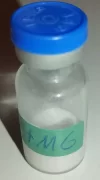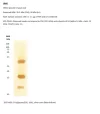Qingdao Sigma Chemicals
Subscriber
@Qingdao Sigma Chemicals is it possible to mix promos together in an order? For example domestic gh and tirz? Not a huge deal just curious
Yes you can pay all at once but they are seperate orders with seperate tracking numbers





